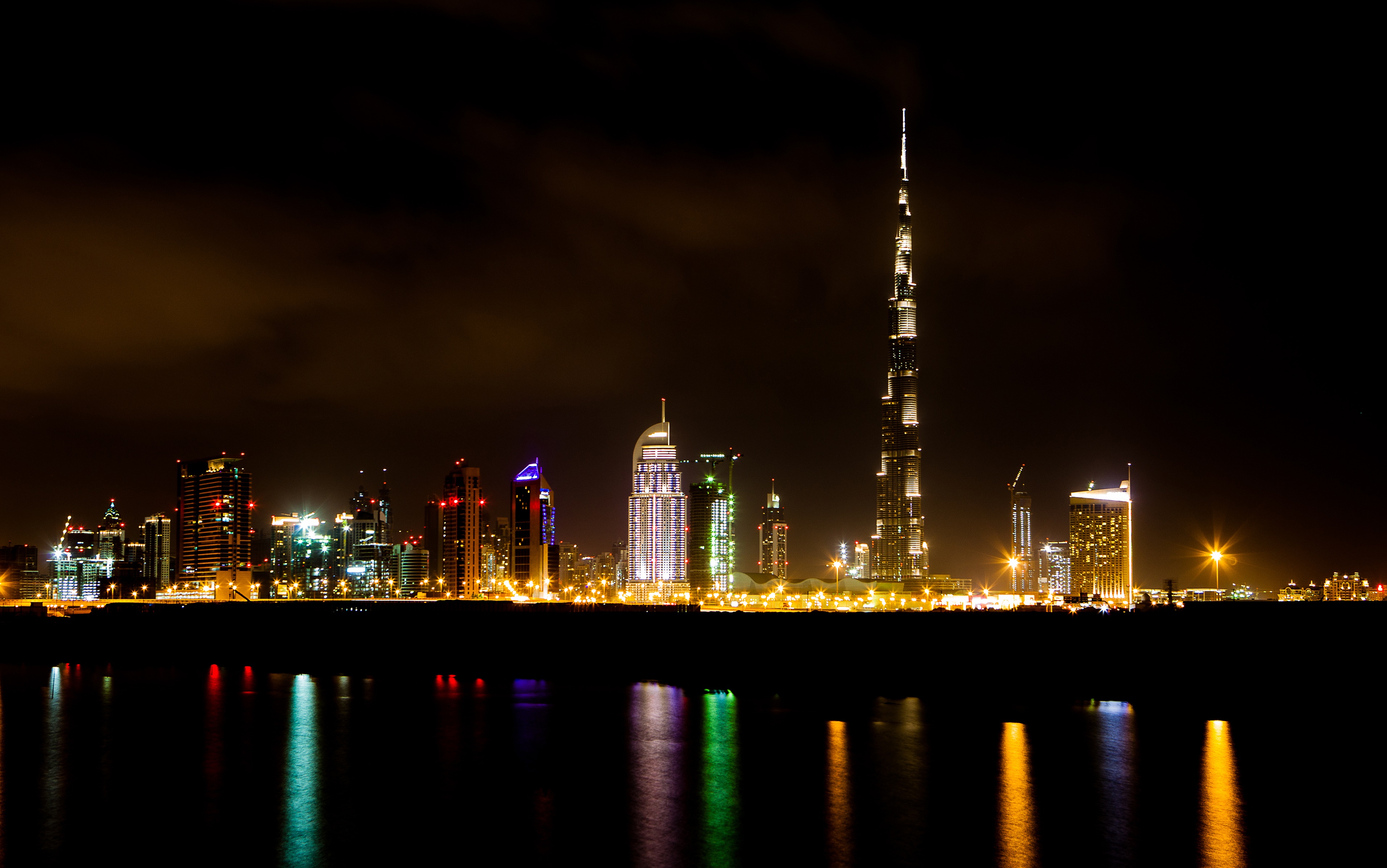Dubai Charts Course for New Green Economy Frontiers
Hyphen Web Desk

Priority areas will span technology and innovation, clean and renewable energy, policy and regulation, finance, climate equity, adaptation and resilience, and youth engagement. Organisers expect over 3,300 participants from more than 30 countries and around 80 speakers, signalling the summit’s growing global reach. The seven thematic pillars reflect a strategic focus on data-driven solutions, nature-based resilience and equitable transition measures.
Patronage from HH Sheikh Mohammed bin Rashid Al Maktoum, UAE Vice-President, Prime Minister and Ruler of Dubai, further highlights the summit’s stature. Saeed Mohammed Al Tayer, Vice‑Chairman of the Dubai Supreme Council of Energy and MD & CEO of DEWA, emphasises that WGES seeks to “mobilise climate efforts, leading dialogue and fostering global co‑operation” to drive equitable, low‑carbon development.
The agenda will foreground cutting‑edge AI, IoT and energy storage innovations that enable smarter emissions monitoring and grid management. With a focus on clean energy, sessions will explore scaling up green hydrogen, nuclear power for continuous clean output, and securing ethical supply chains for critical minerals. Regulatory and policy debates will examine the tension between energy security, investment appetite, and evolving carbon market frameworks in key economies including the EU and US.
Climate finance will form a cornerstone of the summit, with attention on mobilising private capital, trust in voluntary carbon markets and instruments tailored for emerging economies. The summit seeks to make financial flows more credible and inclusive. In parallel, sessions on climate equity will scrutinise the unequal impacts of environmental degradation and the potential of AI‑led farming and water management to bolster resilience in vulnerable communities.
Adaptation and resilience themes will address loss and damage finance, nature‑based solutions and early warning systems, while ensuring the needs of marginalised groups are not overlooked. Youth engagement also features prominently, reflecting growing interest in empowering tomorrow’s changemakers.
Organisers anticipate that robust public–private partnerships will emerge, with real‑world projects showcased alongside high‑level panels. WGES offers a matchmaking platform intended to link developing nations with investors, climate funds and UN bodies. The event also aligns with the UAE’s broader climate agenda, including COP preparations and the Global Stocktake under the Paris Agreement.
Dubai’s selection as host — complete with state‑of‑the‑art facilities and strong institutional backing — underscores its determination to lead on green economy diplomacy. The city is positioning itself as a nexus for international green policy, innovation and business collaboration.
WGES began in 2014 and has become a key platform for translating dialogue into action. The 2025 edition seeks to reinforce this legacy, delivering concrete solutions and partnerships to advance global decarbonisation, aligned with net‑zero ambitions.
التسميات:
#Syndication
مشاركة:
